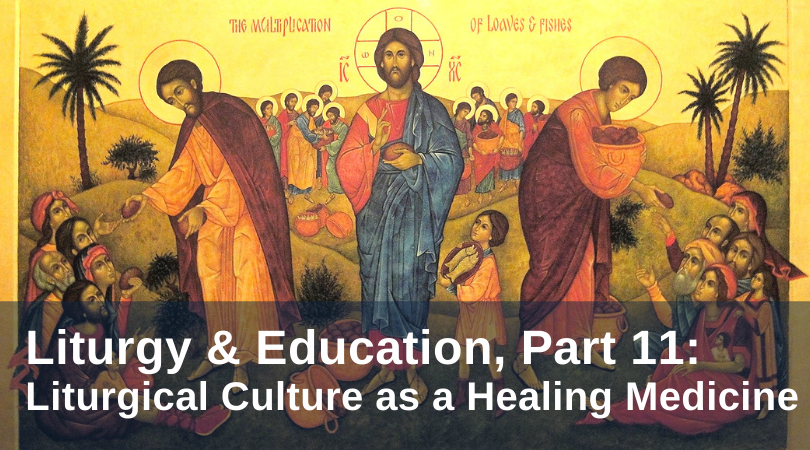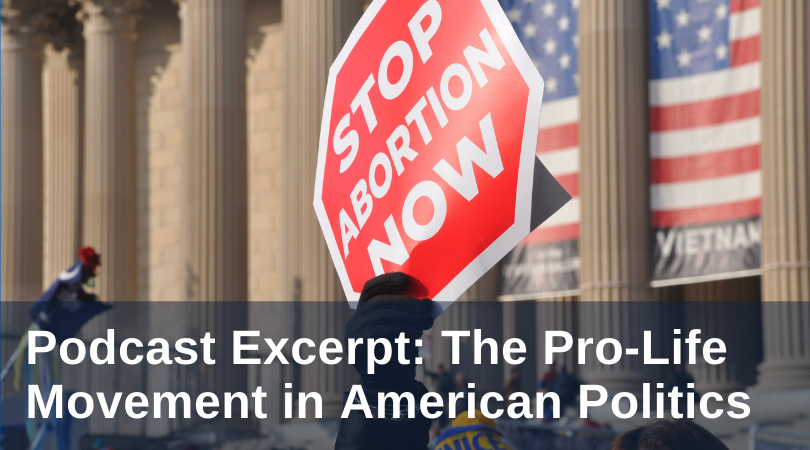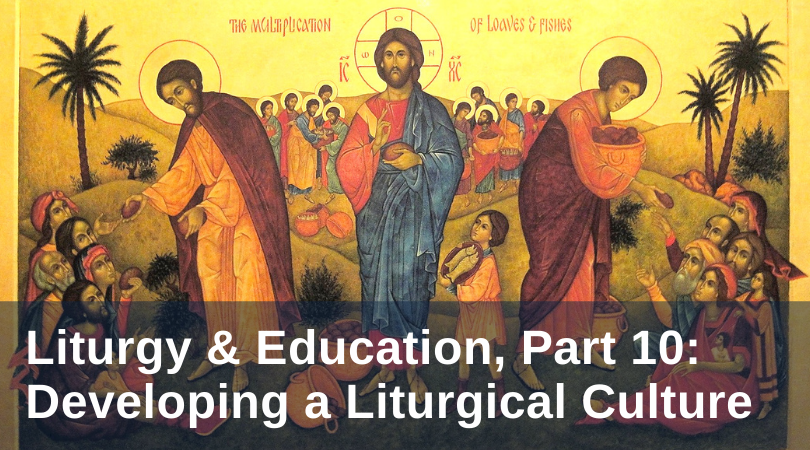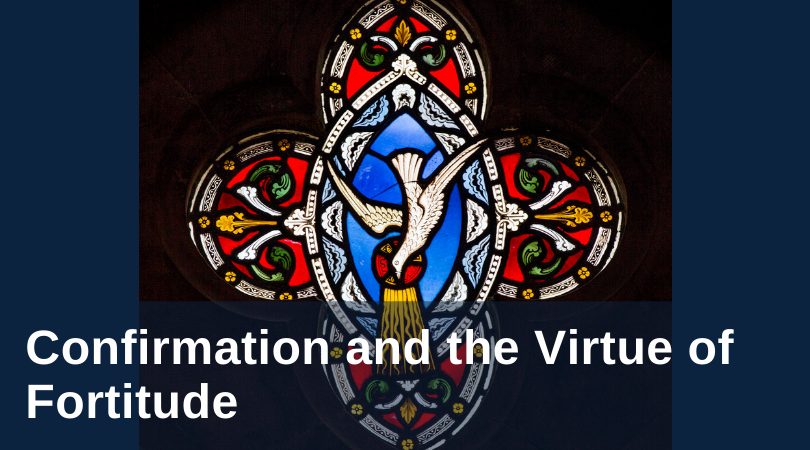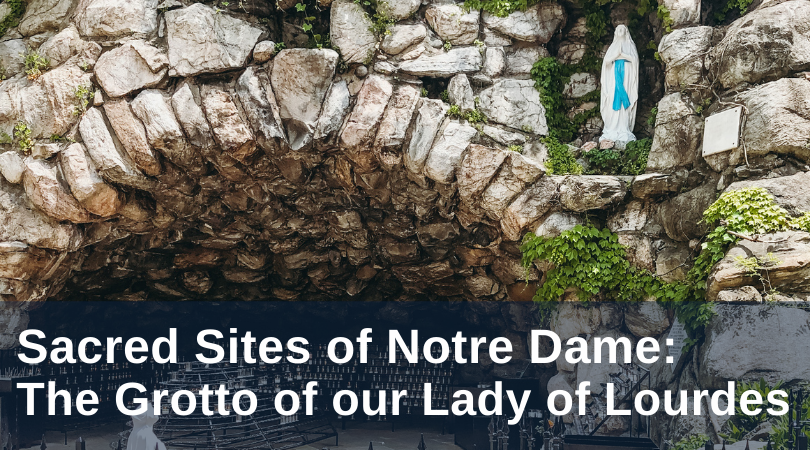In the previous post, I looked at three aspects of Pope Francis’ pontificate that address areas where liturgy might be healing of culture. Liturgical prayer provides an alternative to the technocratic paradigm, tribalism, and a culture of forgetfulness. In other words, a liturgical culture of life upholds the importance of matter, community, and an embodied approach to memory.
Liturgy and Education, Part 11: Liturgical Culture as a Healing Medicine
Topics: Catholic education, Pope Francis, liturgy and education
Podcast Excerpt: The Pro-Life Movement in American Politics
This past Friday marked the 48th anniversary of the landmark Supreme Court case Roe v. Wade, which legalized abortion in America. This coming Friday marks the 48th annual March for Life, a rally that upholds the sanctity of human life from conception through natural death and protests the tragedy of abortion. While the March for Life is traditionally a large-scale event held in Washington, D.C., due to the coronavirus pandemic, this year it will consist only of a small group of leaders in the pro-life movement, with the rest of the country invited to participate virtually in the national rally.
Topics: abortion, Charles Camosy, pro-life, Beyond the Abortion Wars, Politics, March for Life, Church Life Today
Liturgy and Education, Part 10: Developing a Liturgical Culture
A Diagnosis
One of the problems with liturgy is that it is often treated exclusively as an intramural activity of the Church. That is, liturgical education is about making sure that we ‘say the black’ (the words) and ‘do the red’ (the rubrics). Studying the liturgy, then, is basically learning to read the cookbook. Lay folk have their parts in this cookbook, and therefore, the Catholic school, family, and parish must teach these parts.
This means that liturgy becomes entirely a “churchy” thing, unrelated to the rest of life. However, this is a poor understanding of the liturgy. Liturgy has to do with culture—the way that we live our lives in the world. Liturgical culture means that liturgy “informs” what it means to be human in the context of the school, the family, and the parish.
Topics: Catholic education, Pope Francis, liturgy and education
When I was 17, I had to get blood drawn. My mom went with me, and the phlebotomist happened to be an old acquaintance of hers. Making small talk, my mom asked the phlebotomist how her daughters were. She mentioned that one of her daughters was going through Confirmation, albeit reluctantly, and that she was encouraging her daughter to finish it “just in case, you know, she ever wanted to get married in the Church, it’s always a good thing to have in your back pocket.” I was so surprised at her attitude, as was my mother, who delivered some smart remark (ever so politely) about how she was pretty sure Confirmation meant a whole lot more than that. I’m not sure why this memory is so vivid, but I’ve never forgotten it.
Though this may come as a surprise to some, Confirmation is not about becoming an adult in the Church, or deciding for yourself whether or not you want to remain Catholic, or graduation (read: freedom) from Faith Formation/CCD classes. (If you were ever under the impression that it was, you’re not alone; at one point, I was too.) And it is certainly not just “a good thing to have in your back pocket.”
Topics: cardinal virtues, moral virtue, sacramental formation, sacraments, virtue, Confirmation
Sacred Sites of Notre Dame: The Grotto of Our Lady of Lourdes
Whether as a drive-by or as your intentional destination, chances are that, if you have ever been to the University of Notre Dame, you have been captivated at one point or another by the glistening light of candles that cast their shadows upon the inside walls of the Grotto of Our Lady of Lourdes. Or, perhaps your attention goes directly to the statue tucked discreetly inside a relatively small niche on the upper right side of the striking stone structure.
Topics: Marian Shrines, Notre Dame, pilgrimage, Marian devotion

